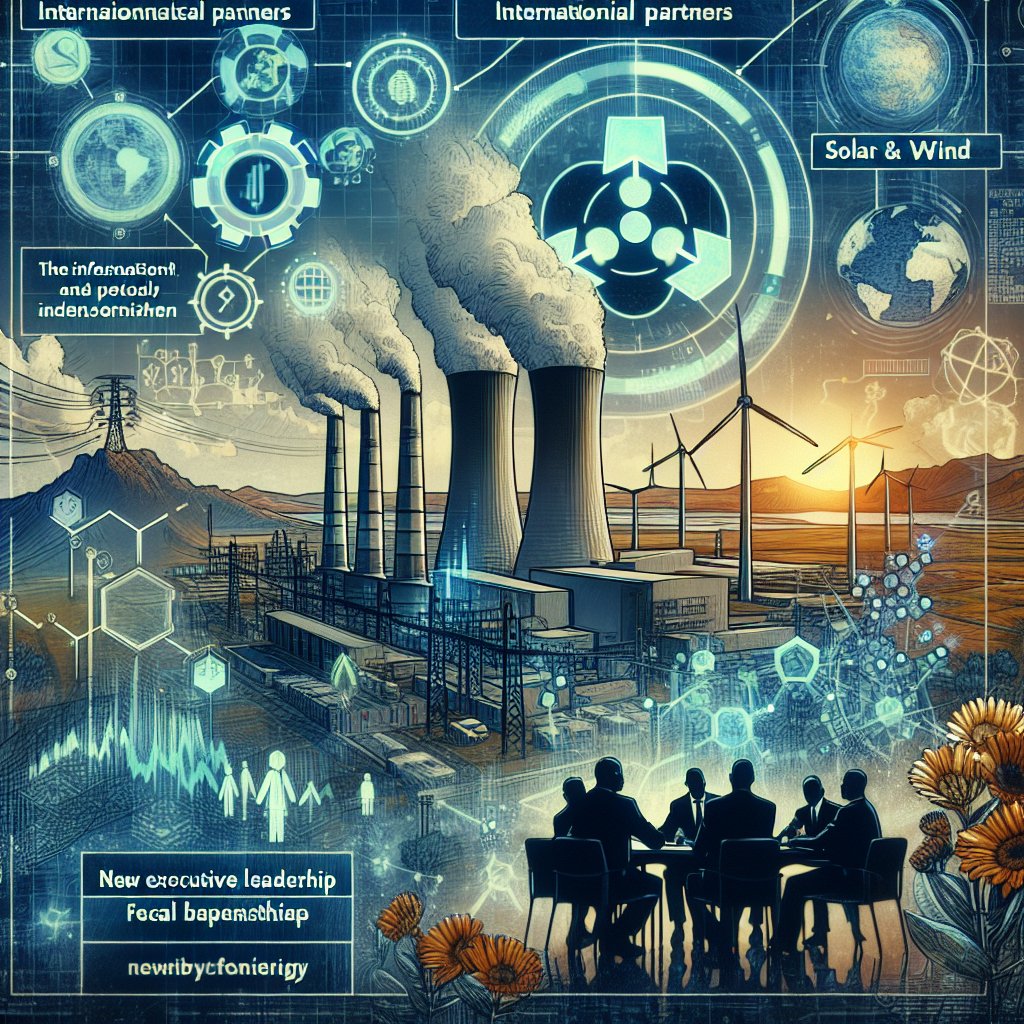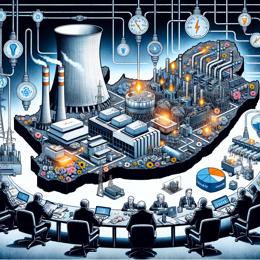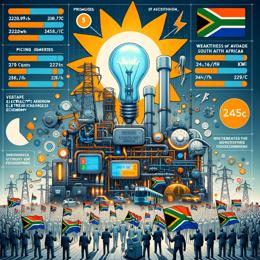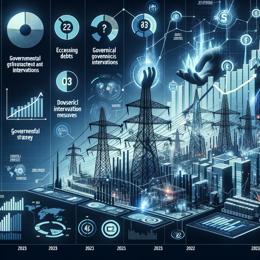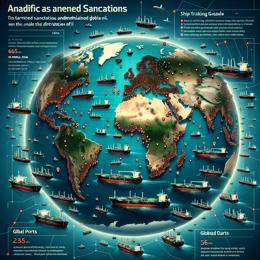Image created by AI
Eskom Misses Out on R47.8 Billion in Vital Loans Amidst Energy Crisis
The South African energy landscape is currently in a state of paralysis, owing to state-owned power utility Eskom's failure to capitalize on a critical financial lifeline amounting to R47.8 billion ($2.5 billion). This failure has repercussions on the Just Energy Transition Partnership (JETP) and has exacerbated the country's ongoing energy crisis characterized by an aging and insufficient power grid largely reliant on coal plants. The inability to build out essential transmission infrastructure in areas with high solar and wind potential has become a critical barrier to transforming South Africa's energy sector.
The genesis of the stalled JETP, conceived at an international climate conference in 2021, lies in a confluence of financial and political constraints. The South African Finance Ministry has placed substantial pressure on Eskom to avoid accruing additional debt. This, combined with opaque guidelines on private investor engagement, has effectively put a blockade on the utilization of approximately R134 billion ($7 billion) set aside for renewable energy financing. Sources familiar with the matter, including a US Treasury official, have indicated that bureaucratic impediments and potential alternative financial structures are under negotiation.
Eskom is entangled in a debt quagmire, with liabilities reaching R443 billion ($23 billion). The power giant is exploring various "off-balance sheet options" as potential strategies to circumvent direct responsibility for new liabilities while partaking in the loans. An exemption approval process coordinated between Eskom, the Finance Ministry, and the South African presidency could potentially open pathways to invest in critical transmission infrastructure.
On an international scale, the situation has been a source of frustration for South Africa's Western partners. These partners, however, have not abandoned their commitments and are advocating for Eskom to leverage the opportunity presented by low-interest loans to bolster its grid. A US Treasury official highlighted optimism for an operational pivot when Eskom welcomes its new chief executive officer, Dan Marokane.
Despite high-level assurances, including President Cyril Ramaphosa's vow in February 2019 to prioritily de-bundle Eskom's transmission unit to invite investment, progress has been woefully slow. Details on private sector involvement and legislative amendments such as the Electricity Regulation Amendment Bill remain shrouded in uncertainty. This delay has cascading effects, including on foreign investment initiatives like the Spanish program aimed at supporting South African energy and water projects that similarly report scant uptake.
The dismal progress misaligns with South Africa's climate commitments, as the coal-fired power plants earmarked for decommissioning under the JETP agreement are expected to remain operational for an extended period due to the power dilemma. This jeopardizes the nation's greenhouse gas emissions reduction targets, though the presidency remains steadfast that the broader emissions decline trajectory will stay its course.
Thus far, grant allocations totaling $591 million have been confirmed, with France and Germany disbursing €1.1 billion in loans. Yet, other investment partners are yet to distribute their pledged funds, a situation reflecting the overall inertia suffocating the South African energy sector's evolution.
